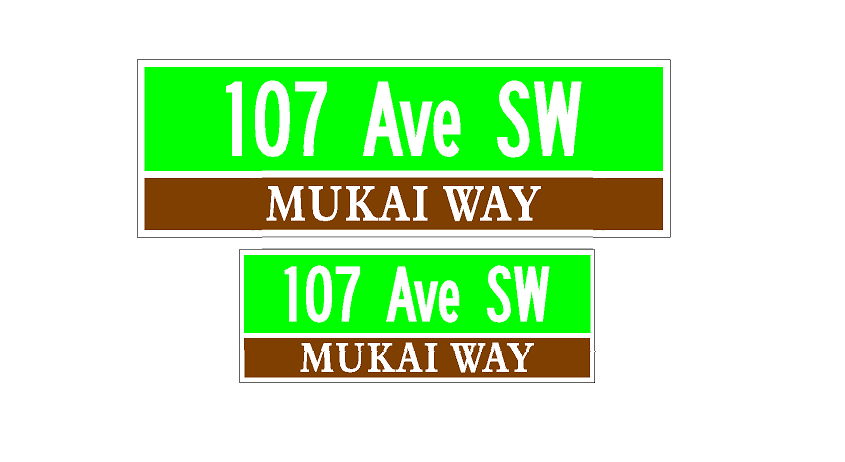
A half-mile section of 107th Avenue SW will display the honorary road name designation of “Mukai Way.” It pays tribute to the Mukai Family and the Japanese American immigrant community’s contributions to the island in the 20th century.
On Aug. 17, the King County Council unanimously approved the designation. It also directed the Road Services Division to place signage recognizing the section of road, which is located off SW Bank Road. It’s also where the historic Mukai Farm & Garden property is located.
Local Services is planning a public ceremony to celebrate the designation.
History of the Mukai Family
In 1910 B.D. (Denichiro) Mukai and his wife Sato, moved to Vashon Island and began strawberry farming. From 1910 to 1926, the Mukai family leased land on Vashon to farm berries and established the Mukai Cold Process Fruit Barreling Plant. In 1926, the family purchased 40 acres of land at the center of the island under their 15-year-old son’s name Masa Mukai. Japanese immigrants couldn’t own property due to the Alien Land Law that the Washington State Legislature adopted in 1921, but as an American-born citizen, Masa could.
With the purchase of the farmland and the success of the cold process fruit barreling, the Mukai family built a large fruit barreling plant in 1927 to support their growing business. In 1928, the Mukai’s built a new home, which Kuni Mukai (B.D.’s second wife after Sato died in 1921) surrounded with a formal Japanese stroll garden.
Throughout the Great Depression, the farm continued to prosper, employing over 400 workers annually to pack and ship 200 tons of strawberries. The farm featured a bunkhouse that housed 250 of the workers.
In 1934, when B.D. retired and returned to Japan, Masa Mukai took over the family business. In 1939, with anti-Japanese sentiment increasing throughout the U.S. and Washington, Masa changed the name of the business to Vashon Island Packing Company.
After President Franklin Delano Roosevelt signed Executive Order 9066 in 1942, which ordered the internment of Japanese immigrants and their descendants, regardless of American citizenship status or length of residence, the Mukai family fled Vashon Island to Dead Ox Flat, Ore. While exiled Oregon, Masa introduced row crops into what was then primarily cattle country. He raised seed for lettuce and other vegetables on 100 acres he purchased. He invented his own harvester to catch flyaway seeds, making a successful living throughout the war.
During the war, Maurice Dunsford leased the entire Vashon farm and packing plant from the Mukai family. He operated the plant successfully throughout this period. Phillipe Baccaro, a labor contractor from Canada, sub-leased the house from Dunsford and farmed the land. Together, the two of them kept the Mukai enterprises fully operational and profitable throughout the war.
After World War II ended, the Mukai family returned to Vashon and Masa opened two more processing plants. One was in Ferndale, Wash., and the other in Forest Grove, Ore. In 1969, Masa sold the packing business.
Throughout the 1970s-1990s, the Mukai farm had several owners. In 1993, the house, garden and barreling plant along with five acres remaining of the original sixty, were designated a King County Landmark and in 1994, the site was included on the National Register of Historic Places.
In 2000, Island Landmarks, a non-profit organization, purchased the Mukai House and Garden for historic preservation purposes, with the support of $500,000 of public funds from King County, the National Park Service, and the State of Washington.
In 2016, board members of Island Landmarks, now today as “Friends of Mukai,” was granted legal control to own and operate the Mukai House and Garden. Since then, Friends of Mukai has been restoring and preserving the House and Garden and has also opened it to the public.

In 2017, King County purchased the adjacent fruit barreling plant, designating the Friends of Mukai as a long-term lessee. Friends of Mukai report that steps are underway to restore this facility so that all components – the house, Japanese garden, and fruit barreling plant – can be managed for the benefit of the public.
You must be logged in to post a comment.